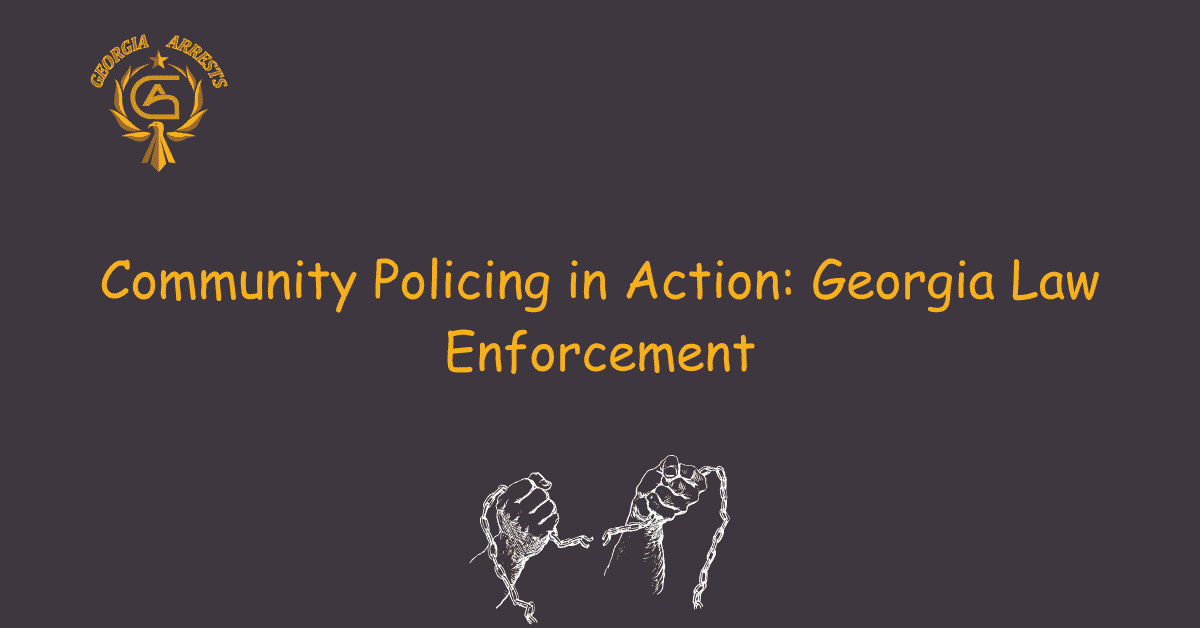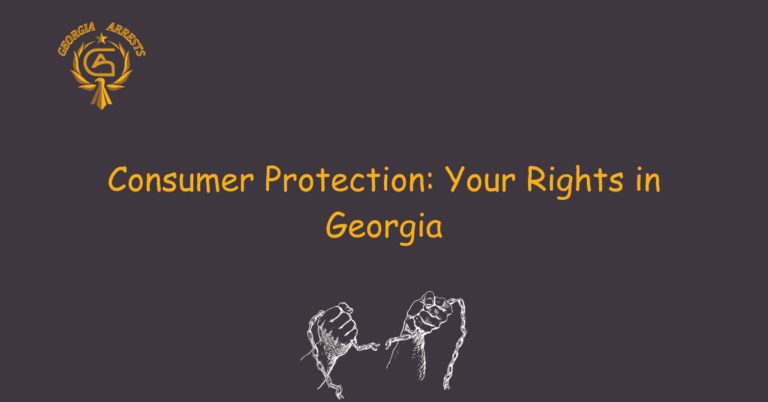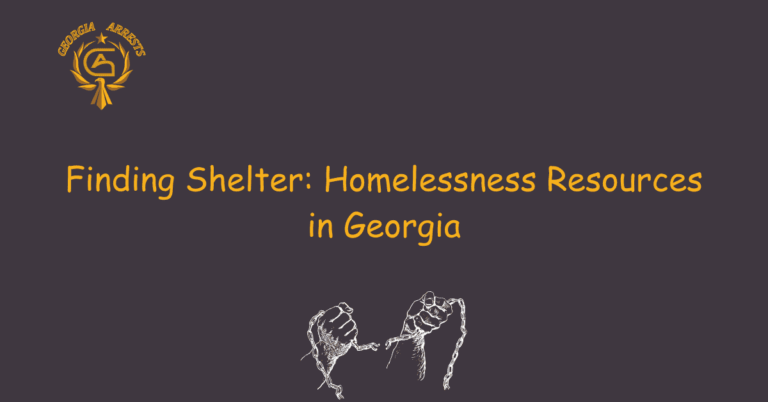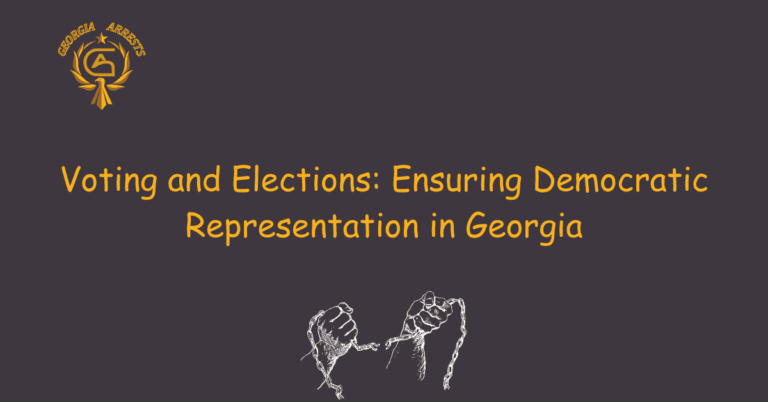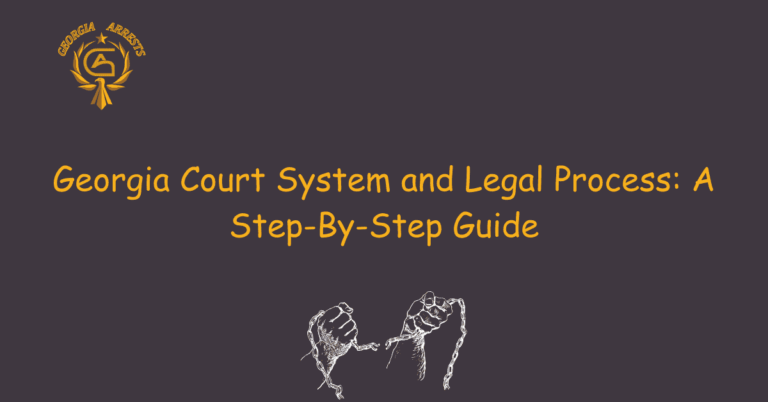Community Policing in Action: Georgia Law Enforcement
Community policing is a proactive approach to law enforcement that focuses on building strong relationships between the police and the community they serve. It involves collaboration, problem-solving, and open communication to address the root causes of crime and improve the overall quality of life in a neighborhood or town.
In the state of Georgia, law enforcement agencies have embraced the concept of community policing and have implemented various strategies to engage with their communities. From organizing neighborhood watch programs to hosting community events, Georgia law enforcement is committed to working hand in hand with citizens to ensure safety and security for all.
Strategies for Engaging with the Community
Law enforcement agencies in Georgia have implemented various strategies to engage with their communities. These strategies aim to foster strong relationships between the police and the community, enhancing collaboration and problem-solving efforts.
Neighborhood Watch Programs
One of the ways law enforcement agencies in Georgia promote community policing is through organizing neighborhood watch programs. These programs encourage residents to actively participate in keeping their neighborhoods safe by reporting suspicious activities and working closely with the police.
Community Events
Another effective strategy employed by Georgia law enforcement is hosting community events. These events provide opportunities for police officers and community members to interact in a relaxed and friendly environment. By participating in activities such as picnics, fairs, or sports events, the police can build trust and establish open lines of communication with the community.
School Outreach Programs
To foster positive relationships with younger members of the community, Georgia law enforcement agencies have implemented school outreach programs. Police officers visit schools to educate students about safety, promote anti-bullying campaigns, and discuss the importance of law enforcement. These programs aim to build trust and create a sense of security among students.
Community Policing Task Forces
Community policing task forces have been established in Georgia to address specific issues within communities. These task forces consist of police officers, community leaders, and residents who collaborate to solve problems and implement preventive measures. By working together, they can identify root causes of crime and develop strategies to address them effectively.
Communication Platforms
Georgia law enforcement agencies utilize various communication platforms to engage with the community. These platforms can include social media channels, community websites, or regular newsletters. By providing updates on crime trends, safety tips, and upcoming events, the police can keep the community informed and encourage active participation in crime prevention efforts.
FAQs
What is community policing and how does it work?
Community policing is a collaborative approach between law enforcement agencies and the community to address public safety concerns. It involves building relationships, problem-solving, and proactive engagement to prevent crime and improve the quality of life in a community.
What are the benefits of community policing?
Community policing fosters trust and cooperation between law enforcement and the community, leading to more effective crime prevention and reduction. It also helps to improve police accountability, enhance community safety, and promote positive police-community relations.
How does Georgia law enforcement implement community policing?
Georgia law enforcement agencies implement community policing through various strategies such as establishing community partnerships, conducting regular meetings and events, creating neighborhood watch programs, and involving community members in decision-making processes.
What are some successful examples of community policing in Georgia?
In Georgia, successful community policing initiatives include the establishment of police substations in high-crime neighborhoods, organizing community patrols, implementing school resource officer programs, and conducting community outreach programs to engage citizens in crime prevention efforts.
How does community policing contribute to crime prevention?
Community policing focuses on identifying and addressing the root causes of crime, rather than just reacting to incidents. By involving the community in crime prevention efforts, sharing information, and implementing proactive strategies, community policing helps to deter criminal activity and create a safer environment for all.
How can community members contribute to community policing efforts?
Community members can contribute to community policing efforts by actively participating in crime prevention programs, reporting suspicious activities, engaging in neighborhood watch programs, and collaborating with law enforcement to address specific community concerns.

